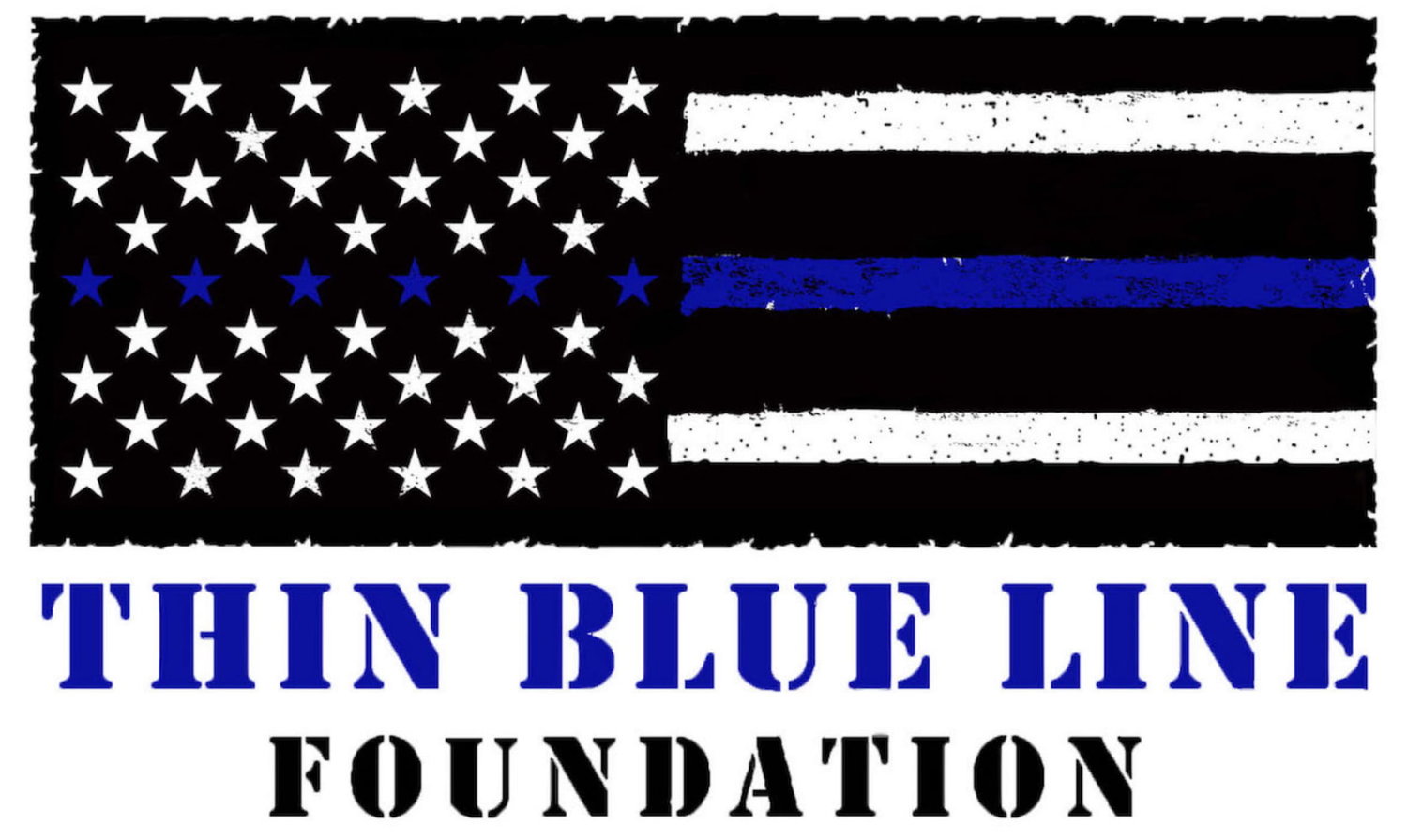HELPING YOUR CHILDREN DEAL WITH DEATH AND GRIEF
For the Surviving Spouse or the Children's Caregiver After the Death of Mom or Dad
This is one of the most difficult times in your life. You are having to deal with your own loss and grief. At the same time, you are the most important support person in the world for your children. Your supportive caring is crucial for your children in understanding and dealing openly and honestly with death, loss and grief. But please know that helping your children will also help you -- as you move together along the road of healing and recovery.
1. Your children need to know... just as you do. Be honest and forthright. Allow your children to know the truth and to begin dealing with it. What children do not know they will "make up" or imagine -- and that may be far worse than reality.
2. Be honest about death. Tell your children that mom/dad has died. Using evasive words such as "gone away..." "asleep..." "expired..." "gone to heaven..." will make it difficult for them to understand and experience normal, necessary, and healthy grief.
3. Don't be afraid of emotions. It's okay if you cry or show emotions when you are talking with your children. It may help them to open up their honest emotions, also, and this is a healing part of grief. When parents tell their children to "be brave now, and don't cry..." they are hindering the normal healing process. Your children will experience hurt, sadness, loneliness, and possibly anger. You will too. Share these feelings, and talk about them as being okay.
4. Answer all your children's questions. Their "need to know" is great, and children's questions can be very direct and difficult for you. Curiosity is a normal part of childhood. Your children will want to know (and need to know) about the body of their loved one. Allowing them to go to the funeral home is usually helpful. You may wish to explain death in terms of hurting and not hurting. A loose hair or fingernail clipping doesn't "hurt." That's because they are dead, not alive. "Mom/dad doesn't hurt either, not at all. But we hurt, because feeling sad hurts, and feeling lonely hurts, and being angry hurts. It's okay for us to hurt, but we want our hurts to get better. That's why we need to talk, and hug, and love each other, and our hurts will get better."
5. Ask your children questions. This can encourage talking and sharing, good for all of you. Ask "happy" questions, too, such as "let's think of something really fun about mom/dad -- some 'glad' things..."It's okay to laugh as well as cry. Happy memories are still alive. Let this "balancing" part of grief begin now for your children, and for you.
6. Do lots of touching. Hugs and touches are healers. A very young child may need to sleep with you for awhile. This is normal, but it should be time-limited. "I think it will be
nice for you to sleep in my bed with me, all the rest of this week. This will be our 'special' week." One of your small child's worse fears now is that you my die, also. Very close contact for awhile is reassuring.
7. Be understanding of their reactions and emotions. Sometimes the "normal" things we say can be harmful. "It's silly to act like that..." or "Don't let grandpa see you crying..." or "Only a baby would be afraid of the dark..."Such statements can cause denial, and hinder healthy emotional healing. Children need to know that these early reactions and emotions are normal and okay, and only temporary. Yours, too.
8. An older child? Your older child's needs are much like your own. You both need to talk and to share. You both need to be honest. You both need to be reassured by demonstrations of caring. Don't let your older child avoid school. The peer group and normal environment are extremely important supports right now. And just as isolation is harmful, so is immobility. Older children may "hide" from their emotions in this manner. Encourage "large muscle" exercise and activities. Join in if you possibly can.
Tell your older child how sad you are about losing wife/husband. Tell your older child how angry you are that wife/husband isn't there anymore to talk with and eat with and have good times together. You are sharing the same loss. Spend caring time talking about it.
"Time heals..." Yes, that's true. You won't forget, but the pain will diminish. Healing time is best when it is filled with closeness; talking and sharing; hugs and touches; and lots of acceptance, honesty, understanding, and "It's okay -- me too."
But, should things go badly, don't be afraid to ask for help. Taking care of yourself, and your children, during this hurting and healing time is difficult. If, for any reason, things get worse instead of better, know that help is available for you, and your children.
The Counseling Team International 1881 Business Center Drive, Suite 11
San Bernardino, CA 92408
(909) 884-0133
www.thecounselingteam.com
